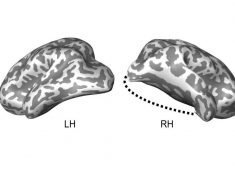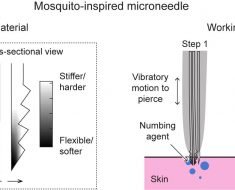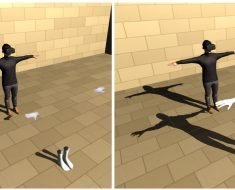The sequencing of 20,000 human genes has produced an immense amount of data that must now be deciphered. Sébastien Lemieux, a bioinformatics specialist at Université de Montréal’s Institute for Research in Immunology and Cancer, has begun doing so to advance cancer research. “Artificial intelligence helps us analyze data,” he said in an interview.
Lemieux is using samples taken from 482 patients with a specific form of cancer – acute myeloid leukemia – to try to pin down the genetic profile of cancer cells. “We’re still a long way from developing a clinical application for the tools we’re building, which combine artificial intelligence with genetics, but we hope to better understand the disease’s genetic makeup,” he explained. Researchers could eventually perfect tools that help clinicians decide on a course of treatment.
As recently as a few years ago, no one could do this work unless they had a massive budget, as the cost of the work involved in analyzing each sample could run as high as $2,000. The remarkable advances of the last 20 years have made some forms of analysis much more accessible. Today’s tools are highly efficient, according to Lemieux, who studied microbiology before specializing in computer science.
Because of the potentially high (and as yet undetermined) number of genes involved, he uses artificial intelligence algorithms to teach computers to learn on their own so they can explore the human genome in search of early signs of disease. “This is known as deep learning. It’s one of the specialities of the Université de Montréal team led by Yoshua Bengio,” he added.
Lemieux hopes to “investigate rare subgroups of acute myeloid leukemia and the subtler biological mechanisms involved” through a recently launched research project that brings together several UdeM professors, including Guy Sauvageau, Joseph Paul Cohen and Yoshua Bengio.
Source: Read Full Article





